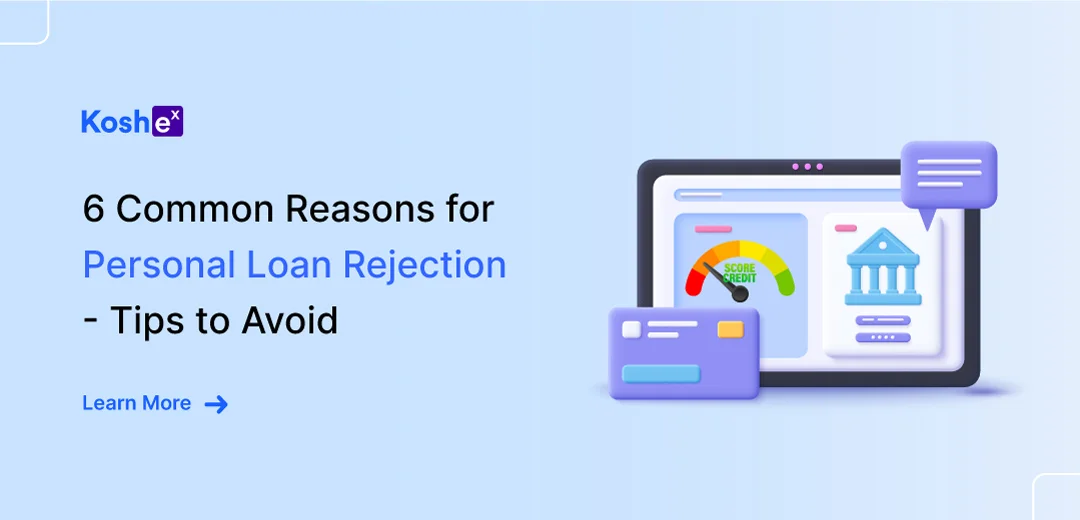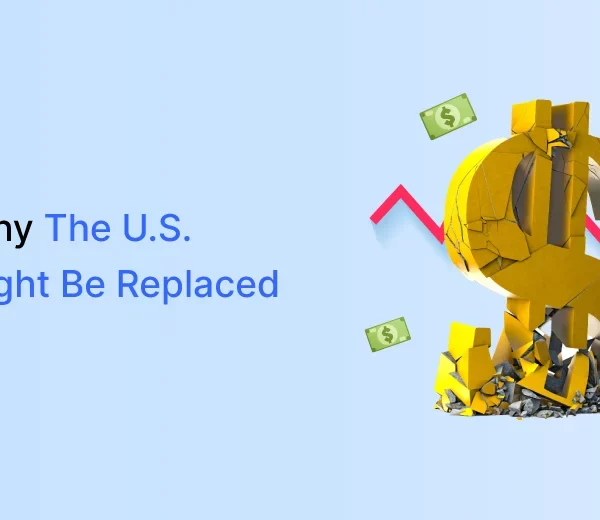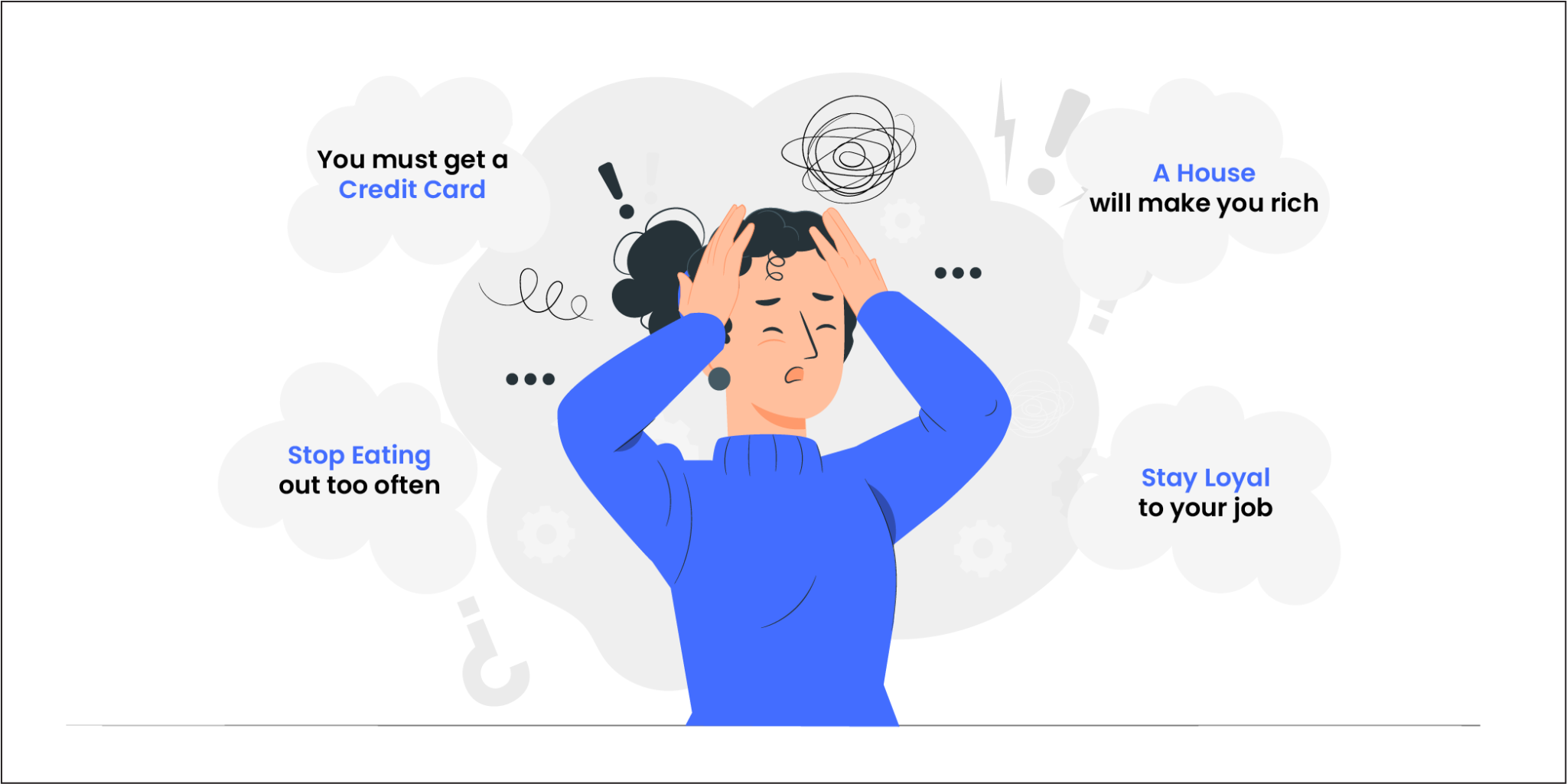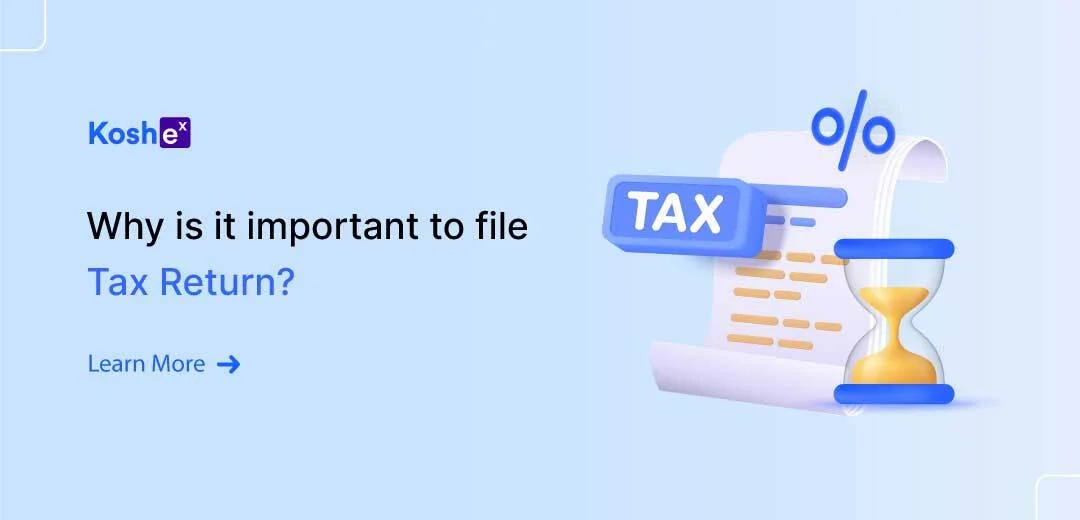Personal loans are among the most common tools that many people use to fulfill their financial needs. However, if not cautious, one can get their loan application rejected by the banks. In this article, we will talk about the six common reasons why personal loans get rejected and the tips you can follow to get the loan sanctioned easily.
We all know that interest rates have increased over the past few years. Meanwhile, the outstanding personal loans jumped to whopping ₹37.7 lakh crores as of October 2022, found in a report by BankBazaar, called Moneymood Retail Credit Trends. The report highlighted that personal loans have climbed by 24% y-o-y to ₹9.9 crores from ₹7.8 crores. This shows how more and more people are reaching for personal loans for their financial needs.
Sometimes, when we apply for personal loans, our application may get rejected due to a variety of reasons. In this article, we will be exploring the reasons and also, share tips that will help you get your loan approved easily.
Reasons Why Your Personal Loan Got Rejected
Your Credit Score Was Too Low
When a lender views your personal loan application, it commonly considers your credit score, among other factors. A credit score is a number between 300 and 900 and it basically reflects your creditworthiness. Usually, 750 is considered to be a good credit score. So, every bank has a particular credit score threshold to approve your personal loan. Hence, your personal loan application will be accepted only when your credit score is above the bank’s acceptable threshold.
If you don’t have a credit history, your application might get rejected. Try maintaining a credit score of 750 by paying your bills and loan installments on time. Here’s a blog we have written about how you can improve your credit score.
You Have Multiple Loan Applications & Enquiries
When you apply for a personal loan, you may end up applying to multiple banks. But here is the thing that you need to keep in mind: Every time you apply for a personal loan, the bank makes an inquiry for your credit report with the Credit Bureau and checks your credit score. Credit Bureaus treat these as hard inquiries and mention them on your credit report and this can negatively impact your credit score. This move makes you seem that you are in desperate need of finances from lenders and banks, which puts a question on your financial credibility.
You Have High Current Debt
One of the main reasons why personal loans get rejected is because you might have higher existing debts. If you have too many open credit accounts, such as credit cards and loans, banks may consider that you are overburdened with credit and may end up in default. Your current high debt may put you at risk in the eyes of the lender and this may result in the rejection of your loan.
You Have Insufficient Or Unstable Income
Lenders analyze your income to find out whether you will be able to pay back your loan. Essentially, they want to make sure you can afford your monthly payment and won’t default on the loan you took.
The other important point is that your employment history and profession play a big role in the approval of your personal loan. Lenders prefer to give loans to people working in organizations with good reputations. So, if your current company is unregistered or not listed, your application may get rejected.
On top of this, most lenders would like an applicant with stable employment or business and regular income. People who change jobs frequently are considered less qualified to get loan approval and even if they do get the loan, they might have to pay high-interest rates.
Your Income Doesn’t Meet The Requirements
As mentioned above, you need to have a certain level of income to qualify for personal loans. Usually, this limit is set at around ₹20,000-30,000 per month. However, if your loan is of higher value, the income requirements could be higher and the lender can reject your application if your income doesn’t meet the minimum income criteria.
Also, if your Fixed Obligations to Income Ratio (FOIR) is high, lenders can reject your loan despite having a high income. FOIR considers all the fixed obligations that a borrower is supposed to meet regularly every month. These fixed obligations include house rent, existing debts like credit card bills, and EMIs on other loans, etc. So, the lower your FOIR, the better. It means that you have sufficient income to repay your loan. Usually, lenders will not lend you money if your FOIR is more than 40%.
Your Application Was Missing Or Had Incorrect Information
If your loan application is missing information or has inconsistent information, your application will get rejected. Every detail that you provide in the loan application is carefully verified by the lender. So, if there is any discrepancy in any detail mentioned in the loan application, it may get rejected. Also, the documents that need to be attached to your loan application have to be proper if they contain any errors or inconsistencies, your application will be rejected.
Tips To Avoid Personal Loan Rejection
Here are some tips to avoid getting your loan rejected.
Maintain A Good Credit Score
Try making it a habit to check your credit score once in a while. Download your credit report and see whether there are any mistakes or errors. Make timely payments towards all outstanding debts, including your EMIs, credit card bills, and any “pay later” accounts you may have. When you have a good credit score, you can get a large loan amount at a low-interest rate but when you have a low credit score, you may end up getting your application rejected or get the loan accepted at a high-interest rate.
Avoid Taking On Multiple Loans
If you have taken or applied for multiple loans, lenders may take it as a sign that you are unable to manage the funds well. Lenders might think that you may not be able to repay your loan and will be inclined to reject your application. So, apply for loans only when you need them and try paying off as much as you can before you apply for more loans.
Keep Credit Utilization Ratio Low
The credit utilization ratio is the ratio between the amount of credit you have taken to the credit available to you. It is a good rule of thumb to keep the credit utilization ratio below 30% before applying for a personal loan. If your credit utilization ratio is consistently high, your application may get rejected.
Comply With The Minimum Income Requirement
You need to have a monthly income of at least ₹15,000 to qualify for the personal loan. Some lenders may offer loans only if your income is above a certain limit and this limit may change from one lender to another. So, make sure to check the lender’s website before proceeding with the application.
Give Correct Information In Your Application
When you are submitting your loan application, make sure that all the details mentioned in the application are accurate. If there are any mistakes regarding your name, address, PAN, or any other detail on your credit report, you need to correct them immediately.
Also, if there are any reporting errors regarding the status of previous loan accounts, you should check your credit report and make sure you rectify all the errors. Unrectified errors can cause your credit score to go down. If you want your loan application to be approved, make sure that all your details are accurate.
In The End…
When we apply for a personal loan, it is important to submit the right documents, give accurate information, and follow all the tips that we have mentioned in the blog. If you feel that banks may not approve your application, you can try reaching out to NBFCs (Non-Banking Financial Companies), as you may be able to get loans easily with them.
If you wish to learn about other topics such as Mutual Funds, Fixed Deposits, tax-savings investments, goal-based investing, and more, head over to our Blog section. You can also create an account with Koshex to streamline your finances, invest in personalized recommendations, save in smart saving options, and step up your financial journey.
We are truly made for every Indian investor. So, download our app today!









Leave a Comment